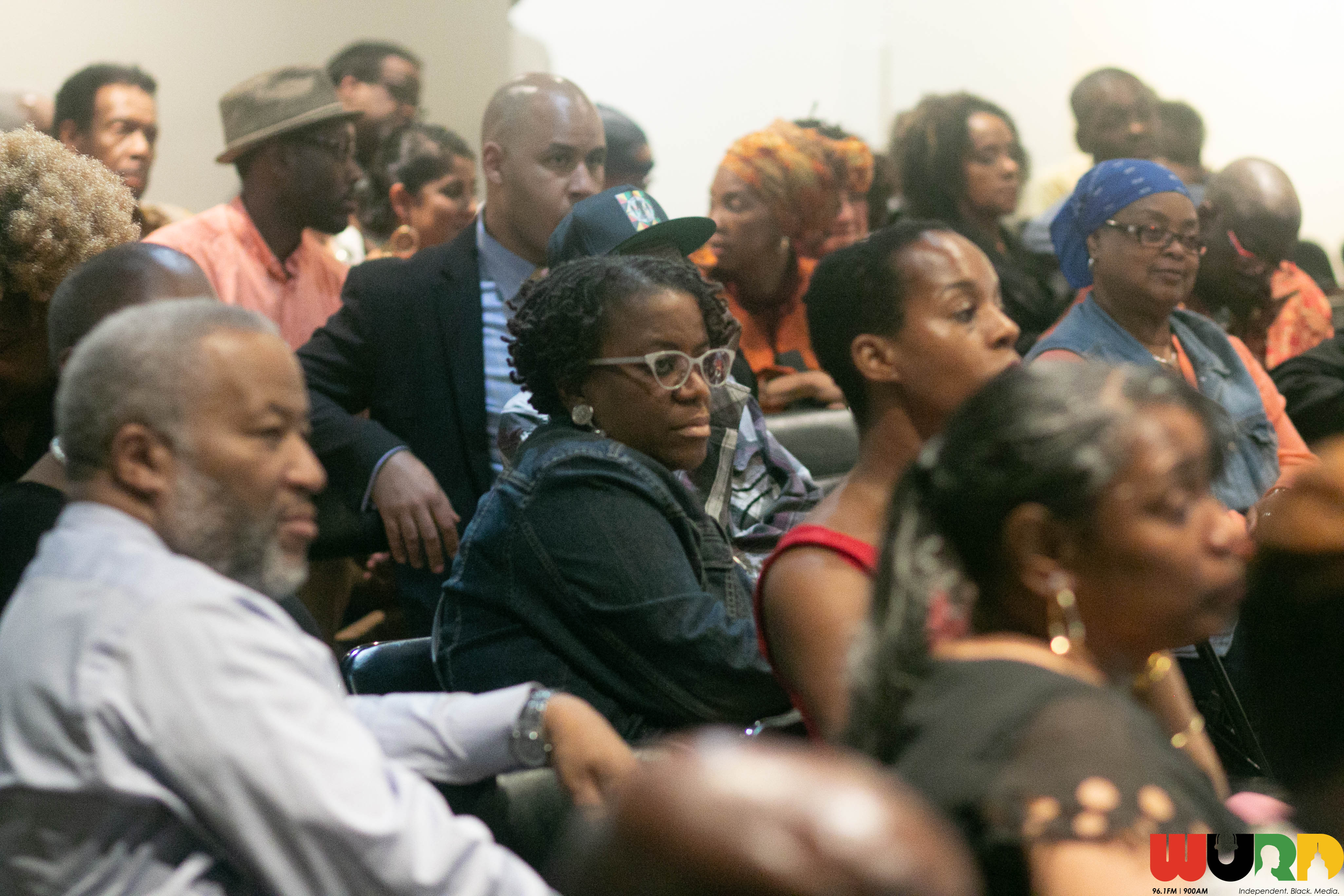As I sat on a plane, reflecting after co-facilitating a community conversation on racial trauma that focused on history, healing and empowerment, I was struck by the absence of the voices of racially conscious white people in the room and in the broader national conversations about race. The event I participated in was a collaboration between the Courageous Conversation Global Foundation, Courageous Conversation, by Pacific Educational Group, and Philadelphia’s WURD Talk radio station; and supported by Starbucks. It was one of many events that surfaced in the wake of Starbucks’ response to a racial incident in a Philadelphia store with implicit-bias training for employees across the nation. These conversations are vital to our collective healing; and we need multiple perspectives in order to truly transform our current racial malaise.
I know there are white people out there who stand in solidarity with people of color in the very moments that cause the racial trauma discussed this week in Philly. Tell me more about the white woman who filmed the arrest of the two black customers in Starbucks and posted it on social media. What caused her to film them and, more importantly to believe that racial injustice had ensued? What about the other white patrons we can hear on the same film, questioning the arrest and attesting to what they know to be a different threshold for being able to hang out in Starbucks depending on your race? And what about the white woman who stayed with the black family at the Oakland, California barbecue after a different white woman called the police? She stayed until the police arrived and remained in solidarity with the black family proclaiming the unjust treatment they were facing. These models of white people using their privilege to stand with people of color should be widely shared for other people of good to emulate.
There is a lot of discourse in the public square that calls for allies in this quest for racial justice. Well, being my ally is not enough. Ally work implies that I need you to help me. I believe we need each other equally. Systemic racism fractures all of us; white people and people of color. White people and people of color have to do their own work exploring our respective racial stories and the ways in which those stories support and/or dismantle systemic racism. Once we have done that, we can begin seeking out the stories of those who are racially different from us. Not too long ago, I experienced such a process with noted author and white racial activist, Dr. Robin DiAngelo, the author of the theory of White Fragility.
Robin and I were at a conference in Kansas City, Missouri. I’d met Robin on several occasions and we’d engaged with each other socially with mutual friends. After the keynotes, I, along with my colleague Glenn Singleton, bumped into Robin in the hallway and struck up a conversation about the speaker we’d just heard. It was pretty clear she did not recognize me or Glenn (he’d delivered a keynote that she attended earlier that day). I said, Robin, it’s me, Andrea and this is Glenn. At that moment she looked mortified, it dawned on her that she’d fallen into a predictable racial pattern of not truly seeing people of color as individuals – we were just two random black faces in the hallway. She quickly acknowledged us and complimented Glenn on his keynote. The important part of this story is what she did next. Robin found our mutual white friend, Christine, and processed the encounter with her. Next, she had a conversation with her close friend, Darlene who is a woman of color. Then Robin came to a session I was leading, participated in the session and stayed afterwards to speak with me about the incident. She owned her part in inflicting racial trauma on me by rendering me invisible. She shared the story of her journey of reflection and processing with her trusted friends. Next, she asked me how I was feeling as a result of the injury she inflicted and asked me if there was anything that I needed. She did not race to apologize, she did not ramble on about her intentions; she focused on the impact of her actions and allowed me to guide the next steps. She demonstrated that she had done her own work and was now ready to stand alongside me in solidarity.
I am simply tired of the ambulance chasing approach to stories about white people when it comes to race. If we are to reclaim our collective racial humanity, we must tell different stories; stories of solidarity, stories that show us a path to a new way of showing up for each other. Dear racially conscious white people, I want to hear from you.
